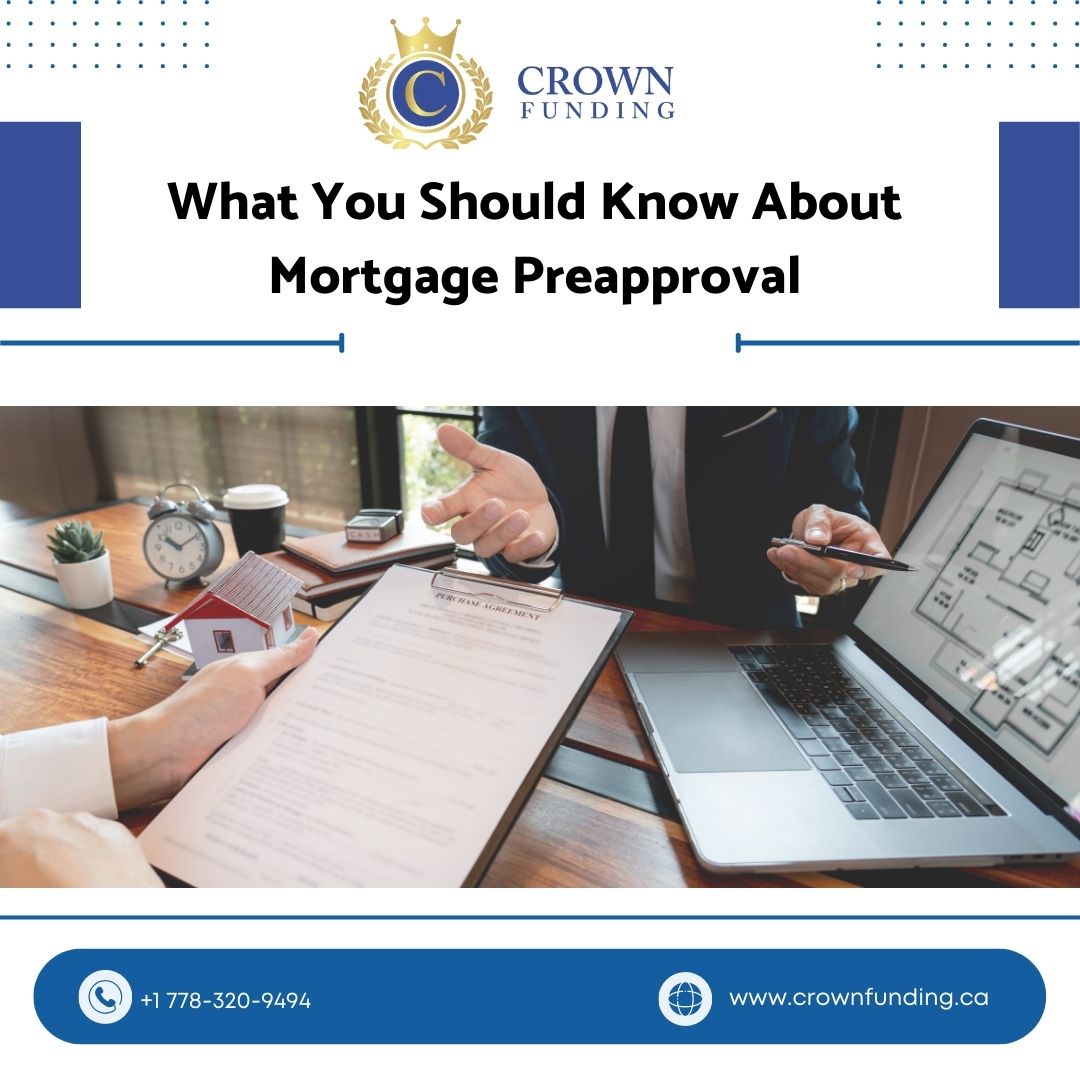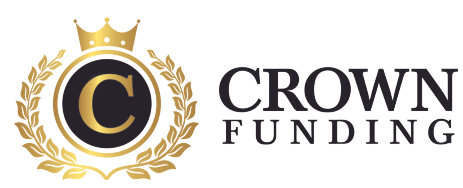
What You Should Know About Mortgage Pre-approval
Mortgage Preapproval means that a lender has reviewed your credit and made you a loan offer. It’s a pledge, not a guarantee. If you’ve been renting or living at home and are now ready to purchase your own home, you’ll want to know how much you can afford. While your financial situation is important, getting a mortgage pre-approval ensures you know exactly how much purchasing power you have.
What exactly is a mortgage pre-approval, and how does it function?
When you’re ready to start house hunting, a mortgage pre-approval is a quick way to see how much a lender is willing to extend you, and it’s often recommended that your pre-approval is complete before you make an offer on the house.
You will learn the following during the pre-approval process:
- The maximum mortgage amount you are eligible for.
- What your monthly payments are likely to be
- What will your interest rate be?
When you get a mortgage pre-approval, your interest rate is usually locked in for 90-120 days. If interest rates rise during that period, you will still receive the promised rate. If interest rates fall, you may be able to get a better mortgage rate when you’re ready to close.
Regarding pre-approvals, it’s important to remember that some lenders can only hold fixed rates during the pre-approval period. Variable mortgage rates are not always guaranteed because they are determined by the movement of the Bank of Canada’s policy rate. Pre-approvals are valid for 90-120 days, depending on the lender, and can be extended for up to 130 days.
Mortgage Pre-approval vs. pre-qualification
Many people are unaware that there is a distinction between pre-qualification and pre-approval. Knowing how the two interact can help you in your home search.
Mortgage pre-qualification
A mortgage pre-qualification is what you want if you need a quick answer on how much you might be approved for. Most financial institutions have an online tool that requires only your income, debt, and assets. Based on that information, you’ll get an estimate of how much you’d be approved for. Pre-qualifications are quick and easy to complete online or over the phone.
Mortgage pre-approval
Your lender will check your credit and confirm your financial information here. Once approved, your lender commits to providing you with a mortgage at a fixed interest rate for a set period.
Although mortgage pre-approval is a lender’s promise, it is not guaranteed. When you’re ready to close, the lender will run one last financial check to see if your financial situation has changed since the pre-approval. They may also appraise your home, as the value of the home you purchased may impact your mortgage.
How to Get Pre-Approved for a Mortgage
It’s a good idea to shop around since getting pre-approved is free.
Most lenders will run a hard credit check during the process to assess your finances, so make sure your credit score is in good shape. Multiple credit inquiries from different lenders within a short period, typically 14 to 45 days, will appear as only one hard check on your credit file, so the impact on your credit score is negligible.
You can contact different mortgage lenders to find out how much you’ll be approved for and what interest rates they have available. You could also seek the assistance of a mortgage broker, who will shop on your behalf. Lenders compensate brokers, so there is no cost to you.
Regardless of which path you take, you’ll need to provide the following information:
- Your identification
- Employment letter and proof of income
- Position and tenure with your current employer
- Additional income and assets
- Currently outstanding debt
- Account statements
- a down payment
- For the last two years, you have received a Notice of Assessment from the Canada Revenue Agency (self-employed individuals only)
- Permission to obtain your credit report from the lender
After you apply, you will receive a response within 24-48 hours. You’ll know exactly how much you can afford once you receive formal approval. However, you must consider additional costs such as closing costs, moving costs, ongoing maintenance, and any other savings goals you may have.
In other words, you might not want to spend your money on housing.
What to do if you are not accepted
Regrettably, not everyone is accepted. If this happens to you, you have a few options depending on the reason for your rejection.
- Reduce your expectations. Lenders may approve you for a lower loan amount than you desire.
- Consult with other lenders. Other lenders may approve you but charge a higher interest rate to compensate for the increased risk. Make certain you understand how to select a mortgage lender.
- Save up for a larger down payment. You may not need to borrow as much if you have more money saved up.
- Improve your credit score. Your credit score may have an impact on a mortgage approval. Pay down debt, make on-time payments, and avoid applying for new credit to improve your credit score.
- Don’t switch jobs. Lenders prefer to see consistent employment.
- Obtain a co-signer. If your income and/or credit score are insufficient to qualify for a mortgage at a reasonable interest rate, you could have a parent co-sign your application. However, this option should not be taken lightly because a co-signer is responsible for making your mortgage payments if you cannot.
Having your finances in order is essential for obtaining a mortgage. Get pre-approved immediately if you’re ready to start looking for a home. It causes no harm and provides a quick response. Once approved, you can begin looking for a home that fits your budget.
Crown Funding Mortgage Broker is a Licensed Mortgage Specialist! Book Appointment Today
